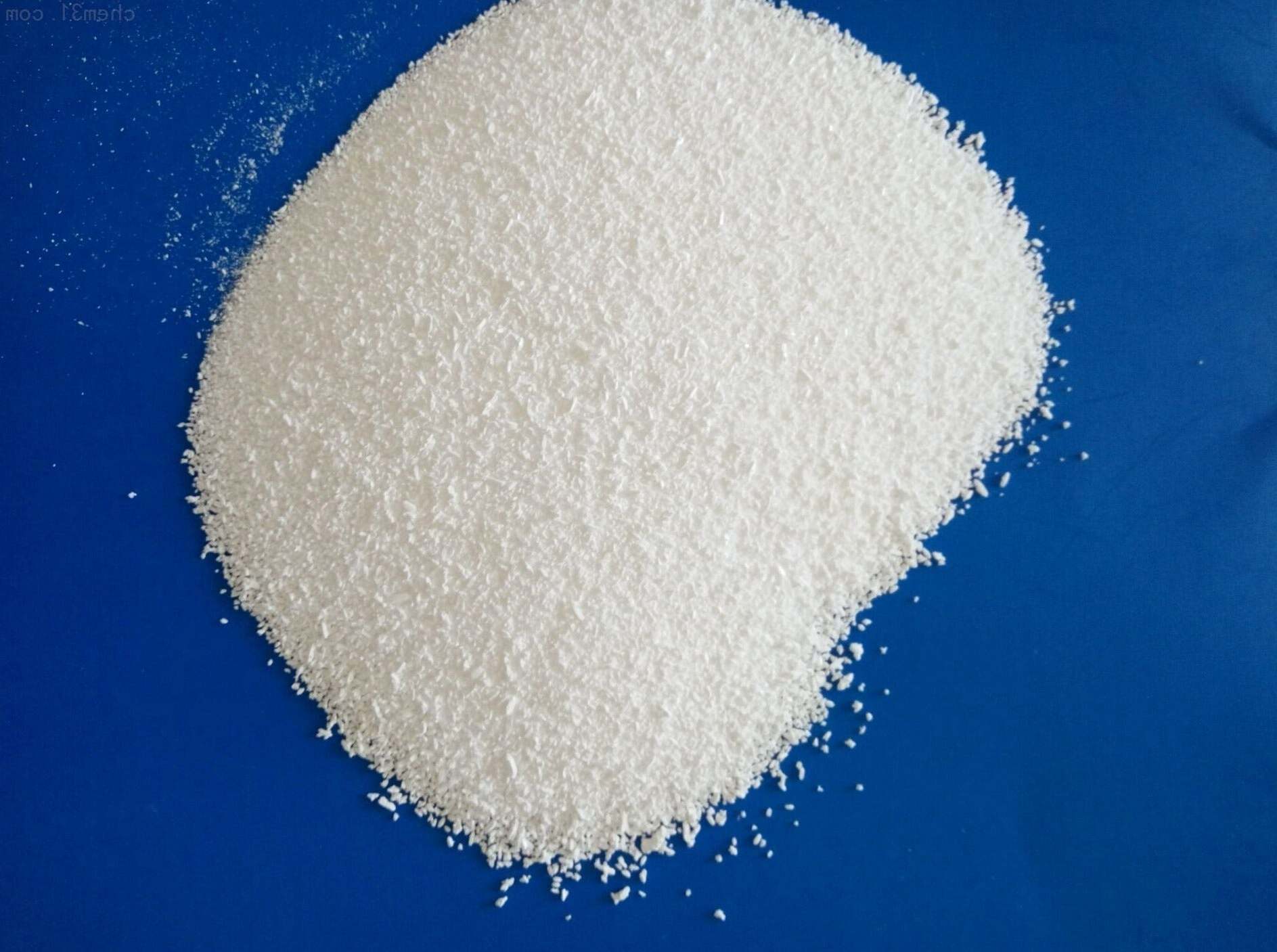
What is potassium carbonate? Potassium carbonate, often called potash, is a white, water-soluble salt with the chemical formula K2CO3. It's used in various industries, from glassmaking to food processing. This compound has been around for centuries, playing a crucial role in soap production and even as a leavening agent in baking. Potassium carbonate is known for its ability to absorb moisture from the air, making it a useful drying agent. Its alkaline nature helps neutralize acids, making it valuable in chemical reactions. Whether you're a student, a curious mind, or someone working in a related field, understanding potassium carbonate can be both fascinating and practical.
Key Takeaways:
- Potassium carbonate is a versatile compound used in glass manufacturing, soap making, and even in traditional German pretzels. It's also a key ingredient in ceramics, textiles, and the food and beverage industry.
- Potassium carbonate is safe for the environment and biodegradable, but it can cause skin and eye irritation. It's important to handle and store it carefully, following local regulations for disposal.
What is Potassium Carbonate?
Potassium carbonate is a white salt, soluble in water, which forms a strongly alkaline solution. It's used in various industries, from glass manufacturing to food processing. Let's dive into some fascinating facts about this versatile compound.
- Potassium carbonate's chemical formula is K2CO3.
- It is also known as potash or pearl ash.
- Historically, it was derived from wood ashes.
- Potassium carbonate is highly hygroscopic, meaning it absorbs moisture from the air.
- In the glass industry, it helps reduce the melting temperature of silica.
- It is used in soap making to create a softer soap.
- Potassium carbonate acts as a buffering agent in the production of wine.
- It is an essential ingredient in traditional German pretzels.
- In photography, it serves as a developer for black-and-white film.
- Potassium carbonate can neutralize acidic soil in agriculture.
Chemical Properties of Potassium Carbonate
Understanding the chemical properties of potassium carbonate helps in appreciating its various applications. Here are some key chemical facts.
- Potassium carbonate is a strong base.
- It reacts with acids to form potassium salts and carbon dioxide.
- When heated, it decomposes into potassium oxide and carbon dioxide.
- It has a molecular weight of 138.205 g/mol.
- The compound is non-flammable.
- It has a melting point of 891°C (1636°F).
- Potassium carbonate is soluble in glycerol.
- It forms a hydrated crystal when exposed to water.
- The pH of a 1% solution is around 11.6.
- It can act as a desiccant due to its moisture-absorbing properties.
Industrial Uses of Potassium Carbonate
Potassium carbonate plays a crucial role in various industries. Here are some of its significant industrial applications.
- It is used in the manufacture of glass.
- Potassium carbonate is a key ingredient in ceramics.
- It helps in the production of potassium silicate.
- The compound is used in the textile industry for dyeing and printing.
- It acts as a flux in welding and soldering.
- Potassium carbonate is used in the production of fertilizers.
- It is a component in fire extinguishers.
- The compound is used in rubber production.
- It helps in the manufacture of detergents.
- Potassium carbonate is used in the pharmaceutical industry.
Potassium Carbonate in Food and Beverage
Potassium carbonate has several applications in the food and beverage industry. Here are some interesting facts.
- It is used as a food additive (E501).
- Potassium carbonate helps in the leavening of baked goods.
- It is used in the production of cocoa powder.
- The compound helps in the fermentation process of wine.
- It is used to regulate acidity in certain foods.
- Potassium carbonate is an ingredient in noodles to give them a chewy texture.
- It is used in the processing of olives.
- The compound helps in the production of soy sauce.
- It is used in brewing beer.
- Potassium carbonate is used in confectionery to control pH levels.
Environmental Impact and Safety
Understanding the environmental impact and safety measures associated with potassium carbonate is crucial. Here are some important facts.
- Potassium carbonate is biodegradable.
- It poses low toxicity to aquatic life.
- The compound is generally considered safe for use in food.
- It can cause skin and eye irritation upon contact.
- Potassium carbonate should be handled with gloves and protective eyewear.
- It should be stored in a cool, dry place.
- The compound should be kept away from acids.
- In case of a spill, it should be cleaned up with plenty of water.
- Potassium carbonate is not classified as a hazardous waste.
- It should be disposed of in accordance with local regulations.
Potassium Carbonate: A Quick Recap
Potassium carbonate, a versatile compound, plays a crucial role in various industries. From glass manufacturing to food processing, its applications are vast. This compound, known for its alkaline properties, helps in soap making, wine production, and even firefighting. Its ability to absorb moisture makes it valuable in drying operations. Historically, it was derived from wood ashes, showcasing its long-standing importance. Today, it's produced through more advanced methods, ensuring purity and efficiency. Understanding potassium carbonate's uses and benefits highlights its significance in everyday life. Whether in your kitchen or an industrial setting, this compound proves indispensable. So, next time you encounter potassium carbonate, you'll appreciate its multifaceted nature and the science behind it.
Frequently Asked Questions
Was this page helpful?
Our commitment to delivering trustworthy and engaging content is at the heart of what we do. Each fact on our site is contributed by real users like you, bringing a wealth of diverse insights and information. To ensure the highest standards of accuracy and reliability, our dedicated editors meticulously review each submission. This process guarantees that the facts we share are not only fascinating but also credible. Trust in our commitment to quality and authenticity as you explore and learn with us.
